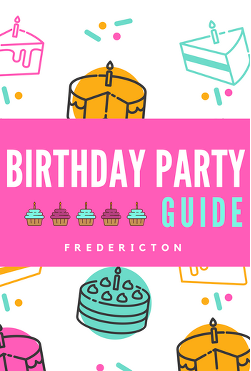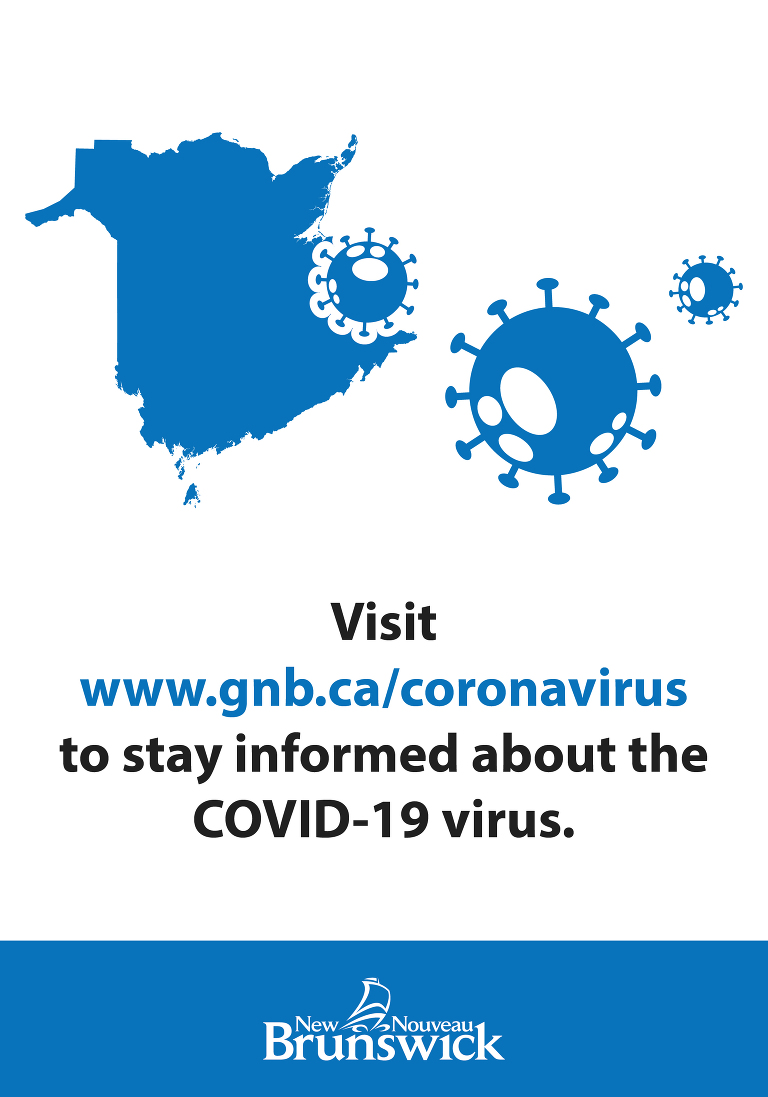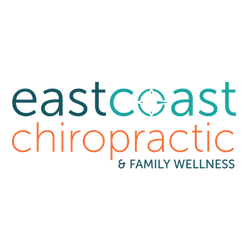.png)
Take my hand and come with me
I want to teach you about ADHD
I need you to know, I want to explain,
I have a very different brain
Sights sounds and thoughts collide
What to do first? I can’t decide
Please understand I’m not to blame
I just can’t process things the same
Take my hand and walk with me
Let me show you about ADHD
I try to behave, I want to be good
But I sometimes forget to do as I should
Walk with me and wear my shoes
You’ll see it’s not the way I’d choose
I do know what I’m supposed to do
But my brain is slow getting the message through
Take my hand and talk with me
I want to tell you about ADHD
I rarely think before I talk
I often run when I should walk
It’s hard to get my school work done
My thoughts are outside having fun
I never know just where to start
I think with my feelings and see with my heart
Take my hand and stand by me
I need you to know about ADHD
It’s hard to explain but I want you to know
I can’t help letting my feelings show
Sometimes I’m angry, jealous or sad
I feel overwhelmed, frustrated and mad
I can’t concentrate and I lose all my stuff
I try really hard but it’s never enough
Take my hand and learn with me
We need to know more about ADHD
I worry a lot about getting things wrong
everything I do takes twice as long
everyday is exhausting for me
Looking through the fog of ADHD
I’m often so misunderstood
I would change in a heartbeat if I could
Take my hand and listen to me
I want to share a secret about ADHD
I want you to know there is more to me
I’m not defined by it you see
I’m sensitive, kind and lots of fun
I’m blamed for things I haven’t done
I’m the loyalist friend you’ll ever know
I just need a chance to let it show
Take my hand and look at me
Just forget about the ADHD
I have real feelings just like you
The love in my heart is just as true
I may have a brain that can never rest
But please understand I’m trying my best
I want you to know, I need you to see
I’m more than the label, I am still me!!!!
– By Andrea Chesterman-Smith
When I first read this poem, it hit every nail on its head. It describes ADHD but it also understands it and acknowledges the person behind the label. Attention-Deficit Hyperactivity Disorder is a chronic neurodevelopmental disorder. It can present itself in various ways and can be classified as Inattentive subtype (the old terminology – ADD), Hyperactive/Impulsive subtype or a combined presentation. There are many causes or contributors to the altered neurodevelopment, including genetics, neurologic (such as prenatal exposures, prematurity, brain injuries, etc) and certain environmental exposures (severe neglect, lead poisoning, etc). Worldwide, ADHD is the third-most-common mental health disorder, after depression and anxiety, affecting an estimated 3.4% of children and youth. Prevalence has been stable over the past three decades, except it is rising in the USA, up to 10% of youth population. Current estimates show that 50% of kids may “outgrow” the symptoms by adolescence and adulthood. However, those with severe symptoms, combined subtype, and other comorbid mental health conditions are less likely to “outgrow” it.
There is not one single test that diagnoses ADHD. It can be diagnosed by a doctor or psychologist. A full history and examination should be completed to rule out other causes or problems that can present in similar ways. Conditions commonly misdiagnosed as ADHD include learning disorders, sleep disorders, oppositional defiant disorder, anxiety, intellectual disability, language disorder, mood disorder, tic disorder, conduct disorder, autism, or developmental coordination disorder.
In order to meet diagnostic criteria, the child must experience symptoms for more than 6 months, before 12 years of age, in more than one setting. The symptoms are severe enough to interfere with, or reduce the quality of social, school, or work functioning. The symptoms are not better explained by another mental or medical disorder. The symptoms must also be considered inappropriate for the child’s age and developmental level. Although some symptoms may be present at younger ages, the diagnosis is difficult to make in pre-school aged children.
The DSM-5 criteria for ADHD requires 6 or more symptoms in one and/or both subtypes below:
1. Inattention:
- Often fails to give close attention to details or makes careless mistakes in schoolwork, at work, or with other activities.
- Often has trouble holding attention on tasks or play activities.
- Often does not seem to listen when spoken to directly.
- Often does not follow through on instructions and fails to finish schoolwork, chores, or duties in the workplace (e.g., loses focus, side-tracked).
- Often has trouble organizing tasks and activities.
- Often avoids, dislikes, or is reluctant to do tasks that require mental effort over a long period of time (such as schoolwork or homework).
- Often loses things necessary for tasks and activities (e.g. school materials, pencils, books, tools, wallets, keys, paperwork, eyeglasses, mobile telephones).
- Is often easily distracted.
- Is often forgetful in daily activities.
2. Hyperactivity and Impulsivity:
- Often fidgets with or taps hands or feet, or squirms in seat.
- Often leaves seat in situations when remaining seated is expected.
- Often runs about or climbs in situations where it is not appropriate (adolescents or adults may be limited to feeling restless).
- Often unable to play or take part in leisure activities quietly.
- Is often “on the go” acting as if “driven by a motor”.
- Often talks excessively.
- Often blurts out an answer before a question has been completed.
- Often has trouble waiting his/her turn.
- Often interrupts or intrudes on others (e.g., butts into conversations or games).
When reading this list, you may identify several symptoms in yourself. And if your child is experiencing similar symptoms, there may very well be a genetic component to it. You probably learned several techniques to help you with certain symptoms – pass those tips onto your kids. If the symptoms are severe enough to affect your function, you may want to talk with your own doctor, as this is a chronic neurodevelopmental problem that you may have had since childhood but managed without knowing or getting support.
My pediatric colleagues and I see a lot of ADHD in our clinics, but unfortunately, there is a very long wait for kids to be seen. If you think your child may have ADHD and are waiting for an assessment there are a few things you can try. Talk to the teacher or afterschool/daycare workers. See if there are any environmental or behavioural modification techniques that can be used to maintain the child’s attention and praise good behaviours. Talk to your child to see if mood, anxiety, or other stressors could be contributing to their behaviours. Reduce screen time and work on proper sleep hygiene. Ensure a healthy and balanced diet. If you have private insurance coverage, you could seek out local psychologists for a psychoeducational assessment. Often prior to or after seeing the doctor or psychologist, the parent and teacher will be asked to complete questionnaires – this information is helpful to collect collateral history from a different setting and rule out comorbid symptoms. If a diagnosis is made, we can then discuss how to manage it.
Stay Tuned….
.png)
.png)
Dr. Rachel Ouellette was born and raised in Fredericton, NB. She grew up with 3 brothers and both her parents were social workers in town. She graduated from Ecole Sainte-Anne in 1998 and pursued Biochemistry at UNB, followed by Psychology at STU. She completed medical school at Memorial University of NL and then finished her Paediatric residency at Queen’s University. Dr. Ouellette then returned home to practice General Consulting Paediatrics in 2011. Rachel loves her community and enjoys connecting with other community service people who share her passion for helping kids; whether it is in schools, counselling services, etc.
Rachel is a mother to two young boys. She admits she entered motherhood self-assured and naïve. She thought she knew babies and kids and had definitely worked in sleep deprived situations. Rachel was humbly shocked, realizing what a BIG, difficult and confusing job being a mom can be! She battled through painful breastfeeding, she found out what it was really like to experience prolonged sleep deprivation (you can’t turn off the pager at the end of your shift). She even had to sit on the “other side” in a few medical situations. Motherhood has definitely affected how she practices medicine since she’s returned from maternity leave. There is a “Mama” (& “Papa”) instinct that isn’t taught in medical school. It cannot be studied in textbooks or reviewed in parenting books. As a parent, you know your child best, and you understand your child’s cues. Health care professionals need to really listen to the parent & child to reach the right diagnosis and initiate the right treatments.
Dr. Ouellette realizes there is so much information available to eager parents. Dr. Google can be helpful sometimes, but it mostly just causes worry and is filled with inaccurate information. It can be confusing and difficult to make parenting choices when, not only do you have so much information online, but there is typically (often unsolicited) advice and suggestions from friends, family, other moms and random people in grocery store line ups. Dr. Ouellette is not providing any new advice; she is summarizing and sharing information from legitimate medical sources that are usually supported by scientific research. This information is always advancing; even advice written this year, may not apply next year if new studies reveal new information. Dr. Ouellette hopes she can provide up to date, brief, succinct answers to common Paediatric or parenting questions. She is open to topics, so please share your requests with the Mom Talk Blog editors.
Disclaimer– The content provided in the Mom Talk Blog’s “Advice From a Pro” series is for information purposes only and is neither intended to be relied upon nor to be a substitute for professional medical advice, diagnosis or treatment. Never disregard professional medical advice or delay in seeking it because of something you have read on this Website. The information is intended for residents of Canada.
You might also like…




















[…] Did you read part 1? Has the diagnosis of Attention-Deficit Hyperactivity Disorder been confirmed? This may have been relieving or caused further anxiety. What’s next? […]